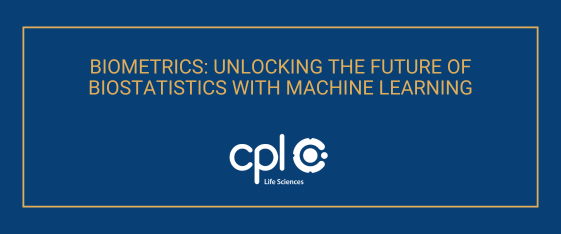Machine learning (ML) is transforming biostatistics at an astonishing pace, with the market projected to grow by 25% in the UK and 22% in the DACH region by 2025. This powerful technology enables the analysis of complex biological data, facilitating disease prediction, treatment personalisation, and improved health outcomes.
Managing Large Data
One of the most significant advantages of machine learning is its ability to process vast amounts of data quickly. In healthcare, there’s a wealth of information to analyse, including patient records and genetic data. Traditional methods often struggle with this volume, but ML can analyse everything simultaneously. Companies like Genentech and Roche are using ML to uncover important links between genes and diseases, enhancing our understanding of how illnesses develop. The increasing demand for data-driven decisions is driving the biostatistics workforce to expand by 20% in the Benelux region and 21% in the Nordics by 2025.
Making Smart Predictions
Machine learning excels at predicting health risks. By examining past medical data, ML can identify patients who might benefit from specific treatments or those at risk for particular diseases. For instance, IBM Watson Health uses ML to recommend personalised cancer treatments based on genetic profiles. This capability leads to earlier diagnoses and tailored treatment plans, creating a strong demand for Data Scientists, projected to grow by 30% in the UK and 25% in the DACH region.
Automating Tedious Tasks
Biostatisticians often spend significant time on repetitive tasks, such as data organisation. Machine learning can automate these tedious processes, allowing researchers to focus on more impactful questions. This means companies like PPD and Parexel can complete clinical trials faster, significantly accelerating research timelines. As a result, biostatistics roles are expected to increase by 20% across Europe by 2025.
Understanding Causes
In medical research, it’s essential to know whether one factor causes another. Machine learning clarifies these relationships, aiding the identification of effective treatments. Celerion uses ML to analyse drug trial data, helping researchers determine which treatments are most effective for patients.
Merging Different Data Types
Machine learning excels at combining diverse data types, such as genetic information and health records. This holistic approach allows researchers to draw better conclusions about diseases and treatment effectiveness.
Growing Demand for Key Roles
As machine learning becomes increasingly vital, the demand for skilled professionals in biostatistics is soaring. By 2025, biostatistics roles are expected to grow as follows:
UK: 25%
DACH Region: 22%
Benelux: 20%
Nordics: 21%
Key positions in demand include Data Scientists, Biostatisticians, and Machine Learning Engineers, creating exciting opportunities in this evolving field.
